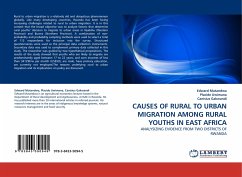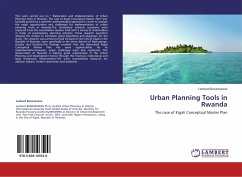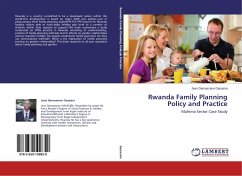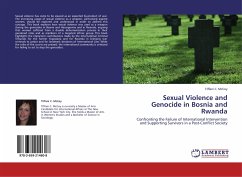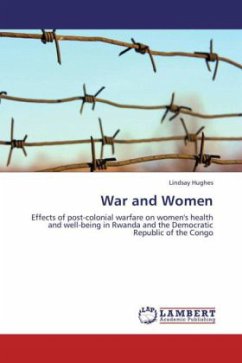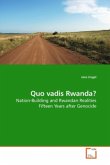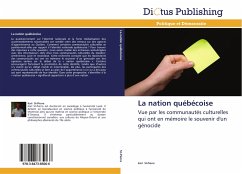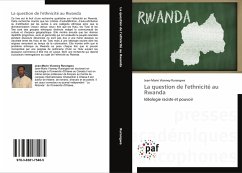Rural to urban migration is a relatively old and ubiquitous phenomenon globally. Like many developing countries, Rwanda has been facing increasing challenges related to rural to urban migration. It is in this context that the broad objective was to analyze factors that determine rural youths' decision to migrate to urban areas in Nyabihu (Western Province) and Burera (Northern Province). A combination of non-probability and probability sampling methods were used to select a total of 113 respondents for inclusion into the survey. Structured questionnaires were used as the principal data collection instruments. Secondary data was used to complement primary data collected in this study. The researcher was guided by two hypothetical propositions. The results of the study showed that youths who are likely to migrate are predominantly aged between 17 to 22 years, and earn incomes of less than 34129Frw per month (US$59), are male, have primary education, are currently not employed.The reasons underlying rural to urban migration and its implications on policy are discussed.
Bitte wählen Sie Ihr Anliegen aus.
Rechnungen
Retourenschein anfordern
Bestellstatus
Storno

